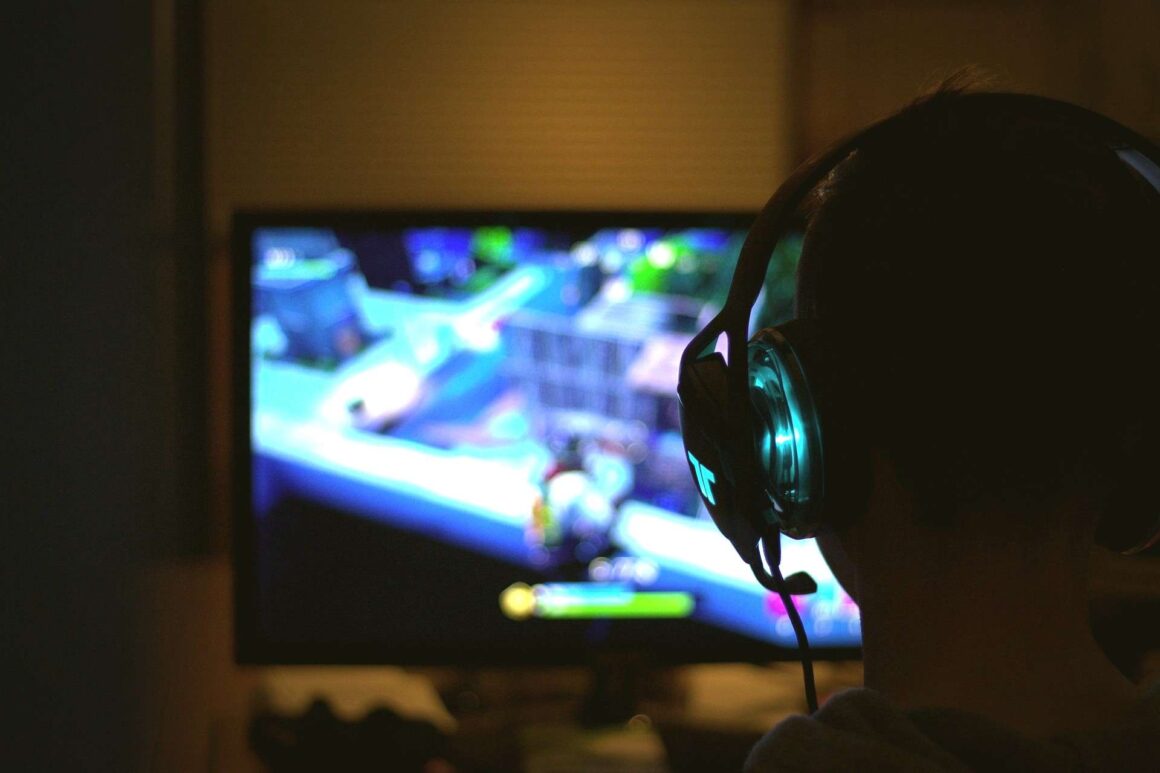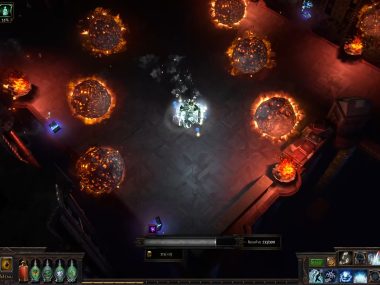U.S. Health and Human Services Secretary Robert F. Kennedy Jr. revived an old debate. Are violent video games fueling America’s rise in gun violence?
In an interview with PBS, Kennedy suggested that mass shootings, which surged in the 1990s, can be traced to kids being “overmedicated.” He also blamed the rise of social media, and the popularity of violent video games.
He even contrasted the U.S. with Switzerland since both countries have high rates of gun ownership. He failed to acknowledge that Switzerland avoids mass shootings thanks to tighter regulations on gun ownership. When explaining America’s problem, he pointed to video games and psychiatric drugs as possible drivers of violence.
When the nation’s top health official makes claims like this, it shapes how parents, policymakers, and the public view video games and mental health care. The problem is that his argument doesn’t stand up to evidence.
What the Research Actually Shows
For decades, researchers have studied whether violent video games translate into violent behavior in real life. The findings are remarkably consistent:
- No proof of a causal link. The American Psychological Association has stated clearly that there is insufficient evidence to claim violent games cause violent crime or mass shootings.
- At most, minor aggression. Some studies suggest short-term increases in aggressive thoughts or behaviors (like yelling or pushing), but these don’t extend to serious violence.
- Other risk factors matter more. Violence is influenced by a web of factors: mental health challenges, poverty, inequality, family environment, and above all, access to guns.
The Danger of Misdirection
Kennedy’s remarks are outdated and harmful in several ways. Focusing on video games or psychiatric medication distracts from the real issues at play. What’s driving America’s gun violence crisis are weak gun laws, socioeconomic inequality, and gaps in mental health care.
His skepticism toward psychiatric drugs is especially concerning. For many people, these medications have been essential in helping people treat their mental illness. His comments could prompt parents to reject medicine that could help their children due to misinformation.
When a health leader repeats a debunked narrative, it confuses the public and undermines trust in science. It makes it harder to have serious conversations about solutions.
Why Do We Keep Recycling This Myth?
Blaming video games for violent crime has been a fallback for politicians for decades. It’s easy and spares lawmakers from confronting hard truths about guns, inequality, and mental health.
Every time the argument resurfaces, it eats up public attention and delays real action. We’ve had the evidence for years. The real question isn’t whether violent games cause mass shootings. It’s why leaders keep reaching for this scapegoat instead of facing the actual crisis.
Video games aren’t turning kids into killers. What fuels violence in America is a complex mix of access to firearms, social and economic instability, and gaps in mental health support.
If the nation’s top health official wants to make an impact, the focus shouldn’t be on demonizing PlayStation or psychiatric drugs. It should be on tackling the systemic issues that make America uniquely vulnerable to gun violence.






